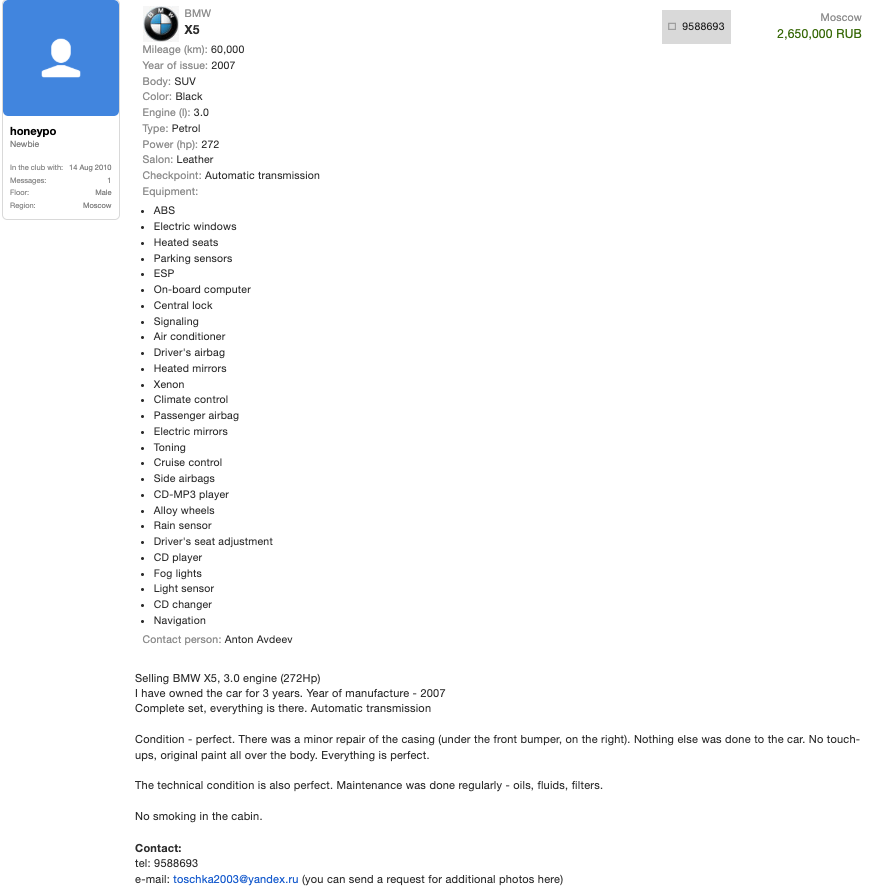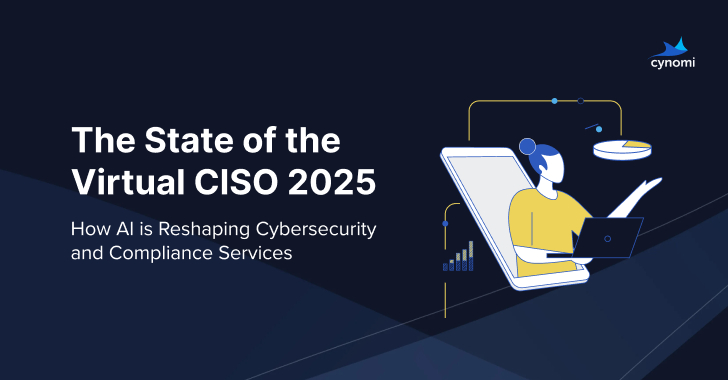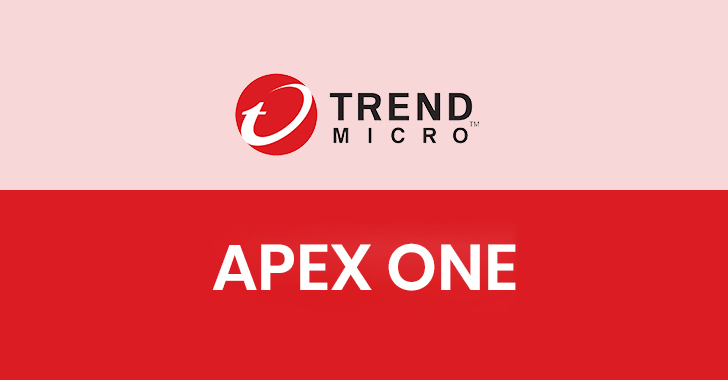
Why You Shouldn’t Ignore Privacy Compliance
Privacy is not a new-fangled concept, exclusive to the 21st century. Historically, societies have always treasured their personal spaces, be it through handwritten letters sealed with wax or confidential meetings held behind closed doors. However, the unprecedented speed and reach of today’s technological advancements have pushed privacy into the spotlight like never before. And with it comes the imperative nature of privacy compliance. If you’re a business, ignoring privacy compliance can be a perilous gamble. Here’s why:
- Trust is Gold
The heart of any thriving business is trust. When consumers trust a brand, they’re more likely to purchase its products or services. Privacy breaches can shatter this trust. Remember, data isn’t just abstract numbers and codes; it’s personal details, preferences, conversations, and histories. Mishandling this data feels like a betrayal. A survey from the Pew Research Center, conducted before 2022, revealed that roughly half of Americans do not trust companies or government institutions to protect their data. If you want to stand out, taking privacy seriously and being compliant can help you earn that trust.
- Hefty Financial Penalties
Ignoring privacy compliance doesn’t just harm your reputation; it can also hurt your pocketbook. Various regions have implemented strict data protection regulations. For instance, the General Data Protection Regulation (GDPR) in the European Union can impose fines of up to 4% of a company’s annual global turnover or €20 million (whichever is greater) for non-compliance. In the US, the California Consumer Privacy Act (CCPA) has also levied substantial penalties on companies found to be in breach. Can your business really afford to take such a risk?
- It’s Not Just About Big Business
One might think that only the tech giants need to be wary, but that’s a dangerous misconception. Even small and medium-sized enterprises (SMEs) handle personal data daily. Whether it’s customer email addresses, payment information, or employee records, data flows through businesses of all sizes. Many regulatory bodies do not distinguish between business sizes when it comes to penalties. Thus, everyone must be vigilant.
- Global Business Needs Global Compliance
If you’re eyeing the global market, you’ll encounter various data protection regulations worldwide. For instance, Brazil’s LGPD (Lei Geral de Proteção de Dados) and India’s evolving data protection framework are just a couple of examples of nations taking data protection seriously. By ignoring privacy compliance, businesses limit their potential to tap into these vast markets. In contrast, compliant businesses can navigate these waters with ease and confidence.
- Evolving Customer Expectations
Today’s customer is not just worried about the price or quality of a product. They’re also concerned about how their data is used. The ‘value exchange’ – where users provide data in return for better services or offers – is increasingly under scrutiny. Businesses that transparently address these concerns by adhering to privacy compliance have a competitive edge. They’re seen as more responsible and attuned to their customers’ needs.
- Cybersecurity and Privacy Go Hand in Hand
Cyber threats are constantly evolving. Ransomware attacks, phishing schemes, and other cyber-attacks can compromise user data. While cybersecurity focuses on protecting against these threats, privacy compliance ensures that the data is collected, stored, and processed responsibly. A business that is stringent about privacy compliance is, by extension, reinforcing its cybersecurity measures. It’s a two-pronged defense strategy that’s hard to beat.
- Foster Innovation Responsibly
Data drives innovation. The more we know, the better products and services we can create. However, this doesn’t mean compromising on privacy. Privacy compliance ensures that businesses innovate within ethical boundaries. By respecting individual rights over data, businesses can foster an environment where creativity flourishes without infringing on personal freedoms.
In conclusion, in an age where data is the new oil, protecting it is not just a legal necessity but a moral obligation. Privacy compliance isn’t a restrictive set of rules designed to impede business but a roadmap to foster trust, transparency, and responsibility. Ignoring it is not an option. It’s time to embrace it, champion it, and make it a cornerstone of your business ethos. The rewards – both tangible and intangible – are well worth the effort.
Contact Cyber Defense Advisors to learn more about our Privacy Compliance solutions.





